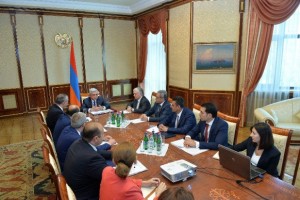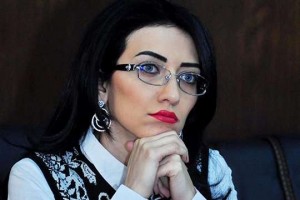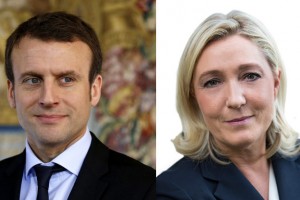Russians were shocked recently by news about the upcoming July referendum in Switzerland, where citizens of the country will discuss the idea of granting 2250 euros to all citizens, both employed and unemployed people, every month. Commenting on the initiative, a member of the State Duma Committee for Labor, Social Policy, and Veterans’ Affairs, Valery Trapeznikov, didn’t rule out the possibility of implementing monthly payments to citizens, notwithstanding their employment status, in Russia. The MP said: “How can we compare Switzerland and Russia? Switzerland is one of the richest countries in the world. Unfortunately, we are not the richest country in the world. We have many resources, but not so many opportunities at the moment. Our budget has a great deficit.”
Speaking about changes in the social policy of Russia, a Member of the Public Chamber of the Russian Federation, Georgy Fedorov, states: “Our population is truly very good, hassle-free. It can understand everything, can bear everything on its shoulders, it went through everything, but the problem is that now there is a split of consciousness. Cutting certain social guarantees is happening in some regions. We see the abolition of privileges. Such decisions are taken without public discussions.”
Fedorov calls the “criterion of neediness” an “amorphous concept”: “People can move from one category to another very quickly. Today, you still have some income and health, but tomorrow a pensioner may not have health and income, and accordingly, while he moves from one category to another he can even die.”
Speaking about sources of money for social benefits in the crisis conditions, Fedorov says that the main argument of opponents of privileges is that not everybody uses privileges, so there is sense in distributing them fairly: “If there is a crisis, then all categories of citizens should suffer during the crisis – not only pensioners, but also officials, civil servants and municipal employees. Everyone should be in the same boat. If it is clear that, for example, members of the Moscow Regional Duma, as their first step, cut their social insurance and benefits, then cutting of benefits will somehow be clear for the population. Each month quite serious sums are allocated for these health and social services, recreation servicing, not to mention infrastructure, cars, gasoline.”
Fedorov wants the authorities to move to another category of the discussion. “We see that the authorities in the regional governments are spending unreal sums on certain holidays, we see a lot of scandals of a corrupt character, on purchases, we see a bunch of other acts of injustice. If governors and regional officials start with themselves, they can say that now let's remove certain benefits among the population.”
At the same time, Fedorov urges to carry out the May presidential decrees – according to his information, only 10% of them have been carried out. “We must not seek to remove social commitments in the regions from ourselves.”






















































